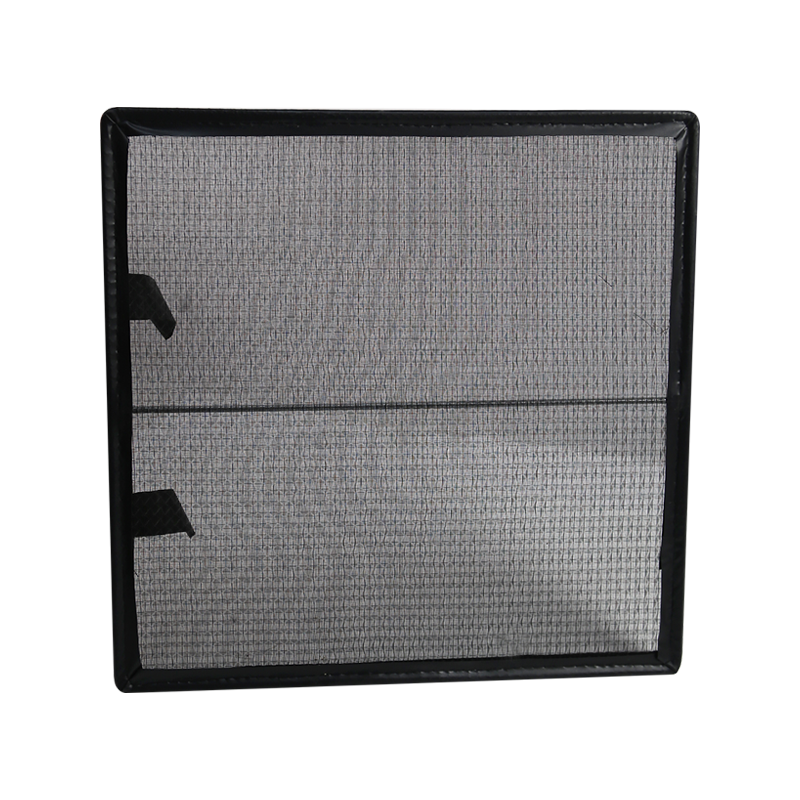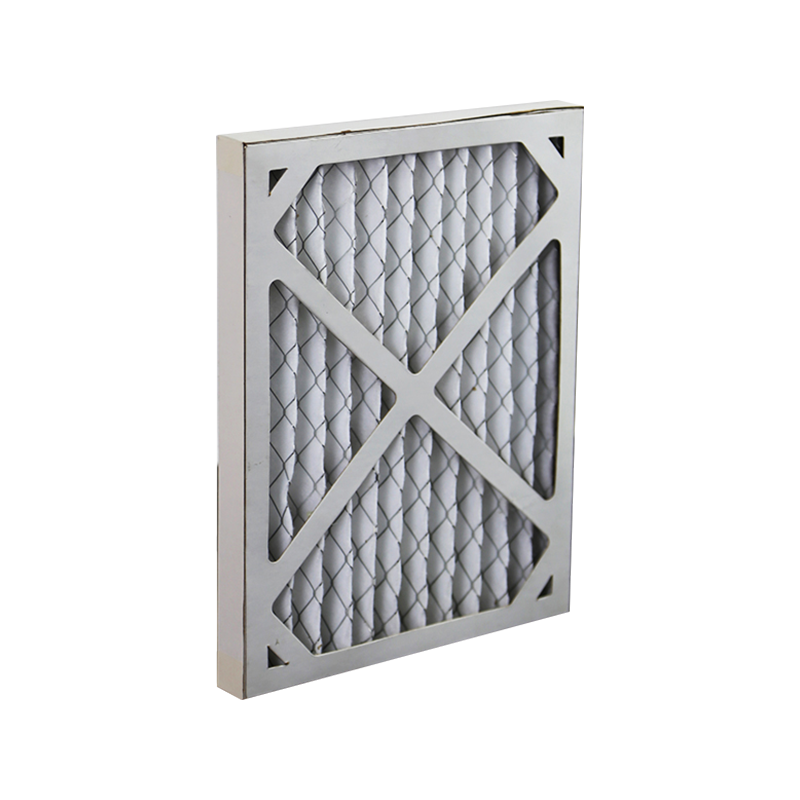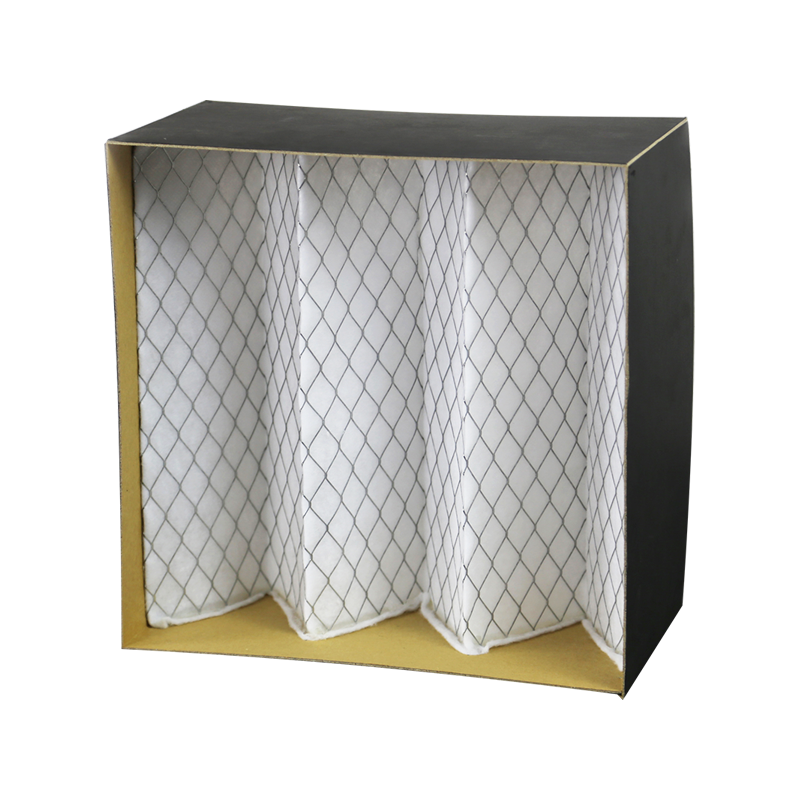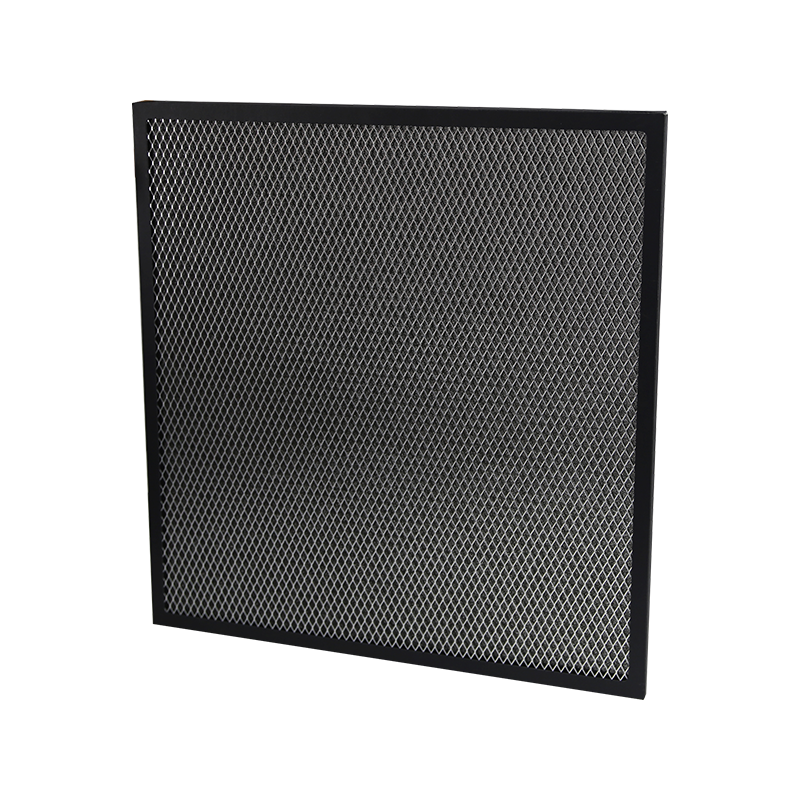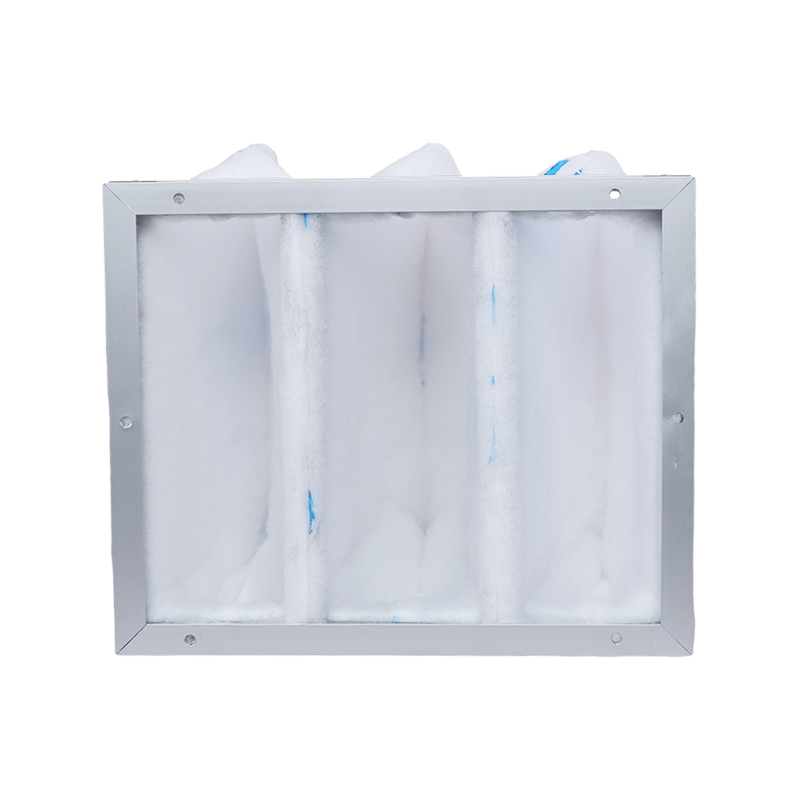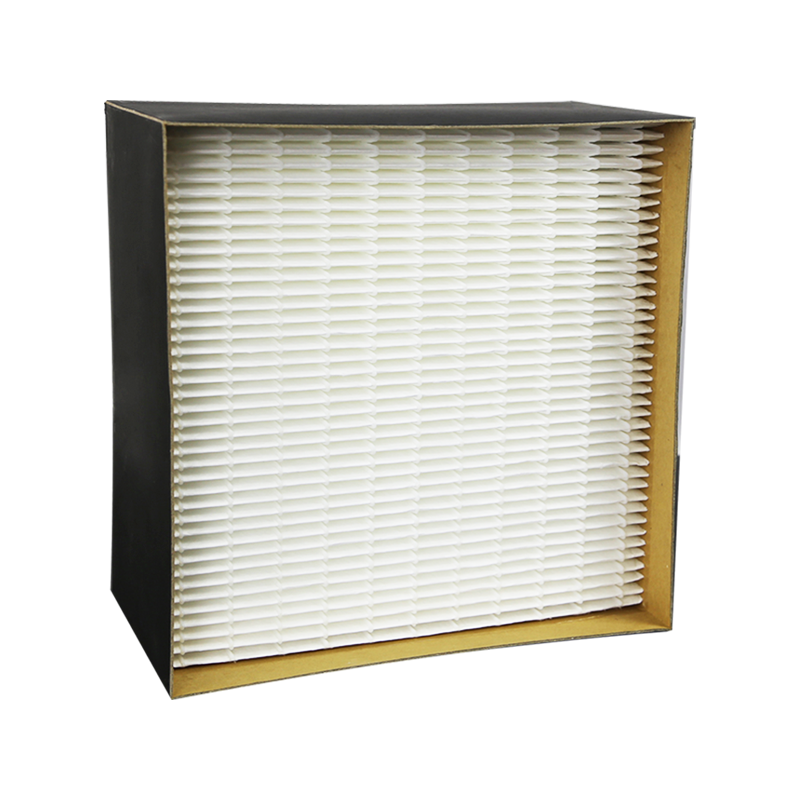From solutions to productions, we’re specialized in making the products you need.
News categories
Product categories
How Do Panel Air Filters Improve Indoor Air Quality?
Indoor air quality (IAQ) has become an increasingly important concern for both residential and commercial environments. Poor air quality can lead to health problems, reduced productivity, and general discomfort for building occupants. One of the most effective ways to improve indoor air quality is through the use of panel air filters in heating, ventilation, and air conditioning (HVAC) systems. These filters play a crucial role in capturing airborne particles, allergens, and pollutants, ensuring that the air circulated indoors is clean and safe. This article explores how panel air filters work, their benefits, applications, and the factors that influence their effectiveness in improving indoor air quality.
Understanding Panel Air Filters
Panel air filters are a type of mechanical air filter that are typically flat or pleated and installed within HVAC systems. They are designed to remove airborne contaminants from the air passing through the ventilation system. The structure of a panel air filter typically consists of a filter media made of synthetic fibers, fiberglass, or other materials supported by a frame that ensures the filter fits securely within the air handling unit.
The filter media can vary in density and thickness, which determines the size of particles it can capture. Common types of panel air filters include standard fiberglass filters, pleated filters, and high-efficiency filters. Each type is engineered to balance airflow with filtration efficiency, ensuring that indoor spaces receive sufficient ventilation while minimizing airborne pollutants.
Mechanisms of Air Filtration
Panel air filters improve indoor air quality through several mechanisms that capture different types of airborne particles:

-
Mechanical Filtration
Mechanical filtration is the primary method by which panel air filters capture contaminants. As air passes through the filter media, particles are trapped by the fibers through processes such as interception, impaction, and diffusion. Larger particles, such as dust, pollen, and pet dander, are typically captured through direct interception, while smaller particles may adhere to fibers due to Brownian motion or collision with other particles. -
Electrostatic Attraction
Some panel air filters are designed with electrostatically charged fibers that attract and hold particles with an opposite charge. This increases the efficiency of capturing fine particles, including smoke, bacteria, and some viruses, without significantly restricting airflow. -
Enhanced Pleating
Pleated panel filters have increased surface area compared to flat filters, allowing them to trap more contaminants while maintaining airflow. The pleats provide more contact points for particles, improving overall filtration efficiency.
Benefits of Panel Air Filters for Indoor Air Quality
-
Reduction of Particulate Matter
Panel air filters effectively remove particulate matter (PM) from indoor air. PM includes dust, pollen, mold spores, and other tiny solid or liquid particles that can affect respiratory health. By capturing these contaminants, panel filters reduce the risk of allergies, asthma, and other respiratory conditions, creating a healthier indoor environment. -
Allergen Control
Allergens such as dust mites, pollen, and pet dander are common triggers for allergic reactions and respiratory issues. High-efficiency panel air filters can trap a significant portion of these allergens, providing relief to individuals with sensitivities and improving overall comfort in indoor spaces. -
Odor and Chemical Reduction
While standard panel air filters primarily remove particles, some advanced models are designed with activated carbon or other absorbent materials to reduce odors and volatile organic compounds (VOCs). This enhances air quality by removing unpleasant smells and potentially harmful chemical emissions from indoor environments. -
Prevention of HVAC Contamination
Panel air filters also protect HVAC systems from dust and debris accumulation. Contaminants can settle on coils, fans, and ducts, reducing system efficiency and potentially reintroducing pollutants into the air. By capturing these particles, panel filters maintain system performance and prevent secondary contamination of indoor air. -
Enhanced Comfort and Productivity
Clean indoor air contributes to overall comfort and well-being. Occupants are less likely to experience fatigue, headaches, or respiratory irritation, which can lead to improved productivity in workplaces and better quality of life at home.
Applications of Panel Air Filters
Panel air filters are versatile and can be used across a wide range of settings:
-
Residential Buildings
In homes, panel air filters are installed in central HVAC systems to reduce dust, pollen, pet dander, and other common household allergens. They help maintain a clean living environment, particularly for individuals with allergies or asthma. -
Commercial Buildings
Offices, schools, hospitals, and retail spaces benefit from panel air filters by improving air quality for employees, students, and customers. In healthcare settings, high-efficiency panel filters are often used to prevent the spread of airborne pathogens. -
Industrial Applications
Factories and manufacturing facilities use panel air filters to protect both workers and equipment from dust, chemical fumes, and particulate matter generated during production processes. Clean air also helps maintain product quality in industries such as electronics, pharmaceuticals, and food processing. -
Hospitality and Public Spaces
Hotels, airports, and theaters utilize panel air filters to ensure a healthy and comfortable environment for visitors. Improved indoor air quality enhances guest experience and reduces complaints related to odors or allergens.
Factors Affecting the Effectiveness of Panel Air Filters
The efficiency of panel air filters in improving indoor air quality depends on several factors:
-
Filter Efficiency Rating
Filters are often rated using the Minimum Efficiency Reporting Value (MERV) scale, which ranges from 1 to 20. Higher MERV ratings indicate greater efficiency in capturing smaller particles. Selecting the appropriate MERV rating is crucial to balance filtration efficiency with airflow requirements. -
Filter Maintenance and Replacement
Regular maintenance and timely replacement of panel air filters are essential. Clogged or dirty filters restrict airflow, reduce filtration efficiency, and may cause HVAC systems to work harder, increasing energy consumption. Most manufacturers recommend replacing filters every three months or according to specific environmental conditions. -
HVAC System Compatibility
Filters must be compatible with the HVAC system’s airflow and pressure specifications. Using filters with excessive resistance can strain the system, while underperforming filters may allow contaminants to bypass filtration. -
Environmental Factors
Indoor air quality can be influenced by external factors such as outdoor pollution, seasonal pollen levels, and building occupancy. Choosing filters designed to handle the specific environmental conditions ensures optimal performance.
Advanced Technologies in Panel Air Filters
Modern panel air filters incorporate additional technologies to enhance indoor air quality:
-
High-Efficiency Particulate Air (HEPA) Panels
HEPA-rated panel filters can capture 99.97% of particles as small as 0.3 microns, including dust, smoke, bacteria, and pollen. They are widely used in hospitals, laboratories, and cleanrooms. -
Electrostatic Filters
Electrostatic panel filters use charged fibers to attract and trap fine particles. These filters can improve indoor air quality without significantly impeding airflow. -
Activated Carbon Panels
Incorporating activated carbon helps in removing odors, smoke, and VOCs from indoor air, creating a more pleasant and healthier environment.
Conclusion
Panel air filters are an essential component in maintaining and improving indoor air quality across residential, commercial, and industrial environments. By capturing dust, allergens, and airborne contaminants, these filters protect occupants’ health, enhance comfort, and prolong the life of HVAC systems. Choosing the right panel air filter involves considering factors such as filter efficiency, maintenance requirements, system compatibility, and environmental conditions.
Advanced filtration technologies, including HEPA, electrostatic, and activated carbon filters, further enhance the effectiveness of panel air filters, making them indispensable in spaces where clean air is critical. As awareness of indoor air quality grows and the demand for healthier living and working environments increases, the role of panel air filters in creating safe, comfortable, and productive indoor spaces will continue to expand.
How Do You Properly Maintain and Clean Aluminum Separator Air Filters?
Is the Air Inside Your Home Really Clean? The Essential Guide to Air Purifiers
related products
Copyright 2023 Nantong Henka Environment Solutions Co.,Ltd. All Rights Reserved


 English
English русский
русский Español
Español 简体中文
简体中文
